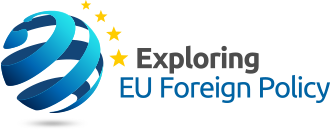EUPLANT Pannel: EU-China Judicial Cooperation in Criminal Matters
With the tabling of the proposed amendments to the Hong Kong Extradition Law in 2019, the subsequent adoption of the National Security Law in 2020 and the recent electoral reforms in 2021, the debate about the continuing existence of democratic civil liberties in Hong Kong has come to the fore. Through the application of the National Security Law, a crackdown has already been witnessed vis-à-vis human rights defenders, politicians, and journalists. This crackdown has also resulted in reinvigorating the debate about extradition treaties entered into with China given concerns about human rights abuses and corruption of the judiciary once one becomes the subject of Chinese criminal investigations. That the implications of Chinese extradition practices have become a concern for the EU and its Member States is proven by, amongst other examples, (i) the emerging case law involving extradition cases and (ii) the EU’s new EU-China strategy (2021/2037(INI)). Indeed, following the landmark ruling in 2019 by Sweden’s Supreme Court to bar extradition to China, also on human rights grounds, further case law in EU Member States has emerged involving extradition cases with China, such as in Poland and the Czech Republic. Recently, the European Parliament also adopted its new EU-China strategy in which it calls on Member States with an extradition treaty with China to suspend such extraditions in the event of human rights associated risks.
This EUPLANT panel aims to discuss (i) the current stance in the European Union towards extradition treaties with China and (ii) how extradition litigation has recently materialized in Europe.

